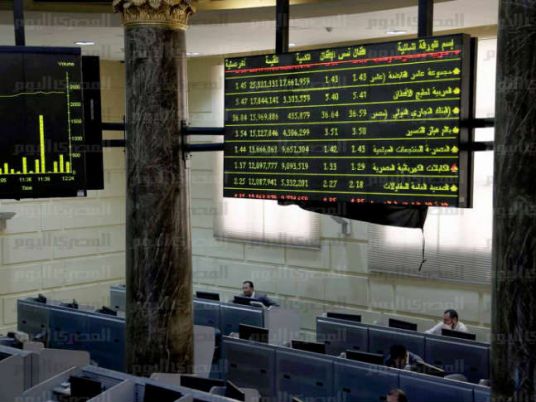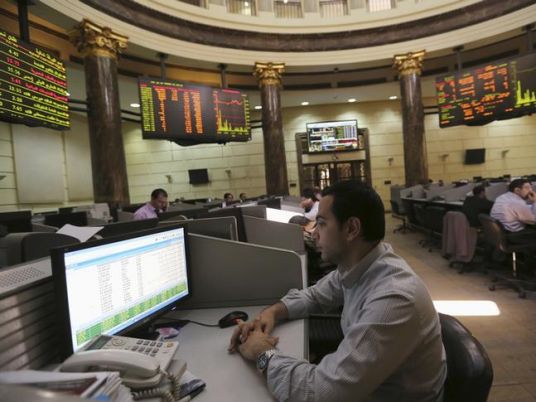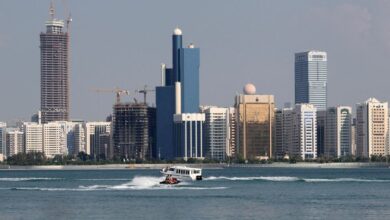
Gulf stock markets plunged to milestone lows in a panic sell-off on Sunday after OPEC's decision to keep crude output unchanged sent oil prices tumbling.
The price of Brent crude fell about 10 percent to $70.15 per barrel since regional equity markets had last traded on Thursday and Sunday's opening was grim for long-only regional investors.
Saudi Arabia's bourse, where petrochemicals account for almost a third of total earnings, took the biggest hit among major markets, dropping 4.8 percent to 8,625 points, its lowest close since early January.
Petrochemicals giant Saudi Basic Industries (SABIC) fell by its daily 10-percent limit and the sector's index lost 9.0 percent.
Petrochemical product prices are closely linked to oil prices, while Saudi producers buy subsidised feedstock so higher crude prices provide them with better margins.
Other sectors also dropped. Banks were down 3.2 percent and retail lost 3.5 percent.
"Concerns over forthcoming government spending have negatively affected share prices of non-petrochemical sectors," said Turki Fadaak, research and advisory manager at AlBilad Capital in Riyadh.
"(But) their revenues are not directly affected by declining oil prices. Accordingly, the drop in share prices constitutes attractive buying opportunities in these sectors."
Saudi's market closed above its intraday low of 8,483 points as bargain hunters stepped in to support some stocks.
UAE, Qatar
Late buying at daily lows was also prevalent in the United Arab Emirates and Qatar, helping those markets pare some losses.
Dubai's index fell 4.7 percent to a six-week closing low of 4,281 points, with most stocks in decline.
Abu Dhabi's benchmark dropped 2.6 percent to a five-month closing low of 4,675 points.
Qatar's bourse slid 4.3 percent as all stocks closed in the red.
Kuwait's index fell 3.4 percent to 6,753 points, its lowest level since April 2013. Oman's bourse tumbled 6.2 percent to a 14-month low.
Shares in Oman Cement and Raysut Cement fell 9.1 and 7.8 percent respectively after both companies said on Sunday they would pay higher prices for natural gas from 2015 onwards.
Oman has smaller oil and gas reserves than its wealthy Gulf neighbours and a higher cost of production, making it more vulnerable to an oil price drop.
Last week, an advisory body to Oman's government suggested sweeping spending cuts and tax rises, including a levy on liquefied natural gas exports in order to cope with the hit to state revenues.
Oil importer Egypt performed much better, slipping 0.2 percent.
The country's central bank held its main interest rates steady at a policy meeting on Thursday – as expected by the market – but said softening growth in emerging markets and mounting concerns about the global economy could pose a threat to Egypt's nascent recovery.




